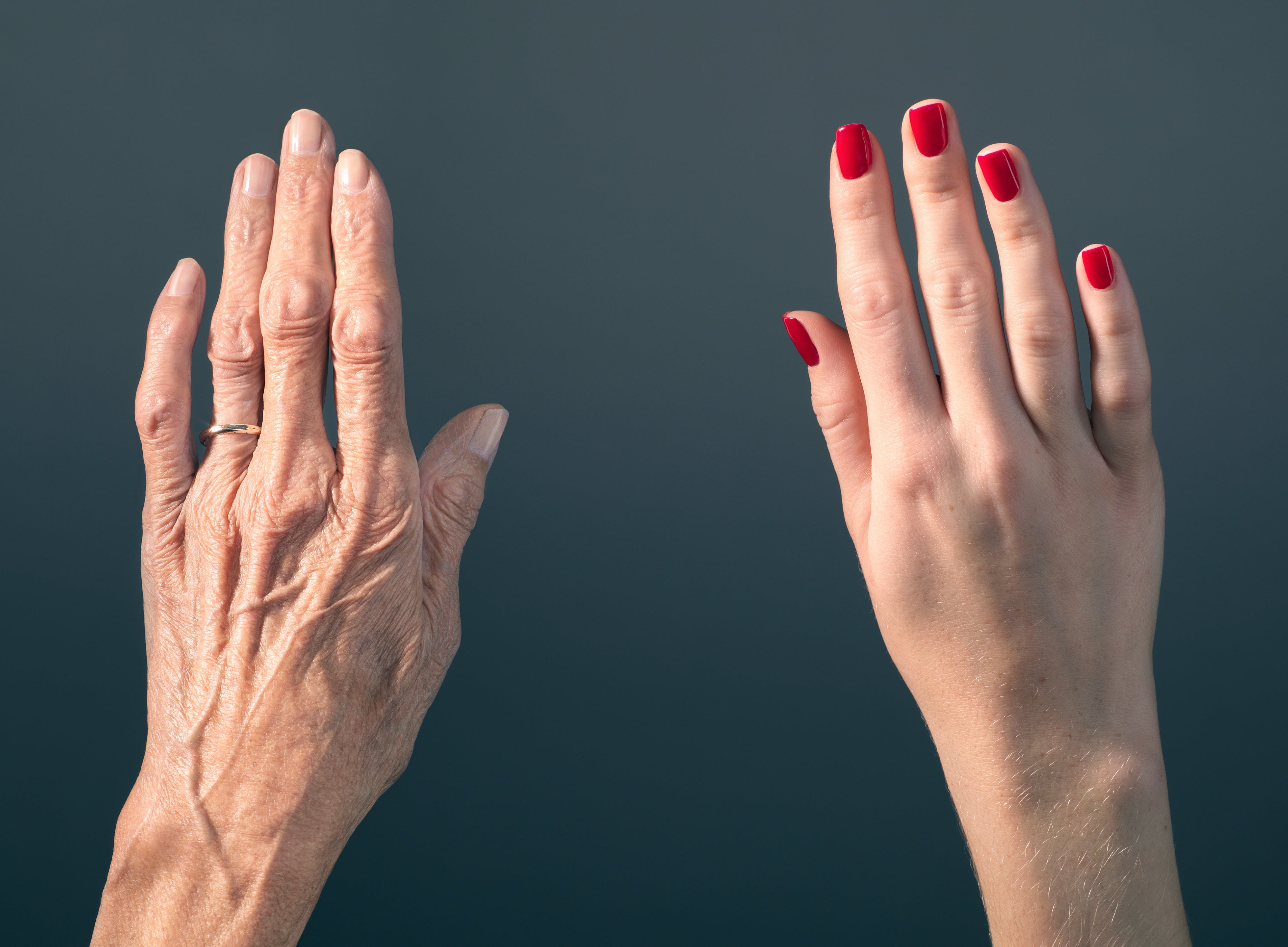What are the effects on the body when aging stops?
The concept of aging stopping entirely is a scientific curiosity we haven't achieved yet. However, let's explore what might happen if it were possible:
Positive effects:
- Reduced risk of chronic diseases: Many age-related diseases like heart disease, stroke, and some cancers are linked to cellular decline. Stopping aging could mean a significant decrease in these illnesses.
- Enhanced physical function: Ageing muscles and bones weaken. Maintaining youthful strength and endurance could dramatically improve our physical capabilities.
- Improved cognitive function: Memory decline and an increased risk of dementia are associated with aging. Stopping this process could lead to sharper minds for longer.
Potential challenges:
- Cellular overcrowding: Our bodies constantly replace old cells with new ones. Without aging, this cycle might continue unchecked, leading to uncontrolled cell growth and potentially tumors.
- Resource limitations: Our bodies have a finite amount of energy and resources. Continually repairing and replacing cells could lead to deficiencies.
- Disrupted ecosystem: If humans stopped aging, it would drastically alter population dynamics. Overcrowding and resource depletion could become major issues.
Unknowns:
- Cancer risk: While some cancers are linked to aging, others are caused by mutations. It's unclear if stopping aging would eliminate all cancers.
- Mental health: The psychological impact of potentially endless life is unknown. Would it lead to a sense of purposelessness or a fear of death from external causes?
Overall, the idea of stopping aging presents both exciting possibilities and unforeseen challenges. It's an area of ongoing scientific exploration, and the true effects would likely be a complex mix of positive and negative.

Comments
Post a Comment
Thanks